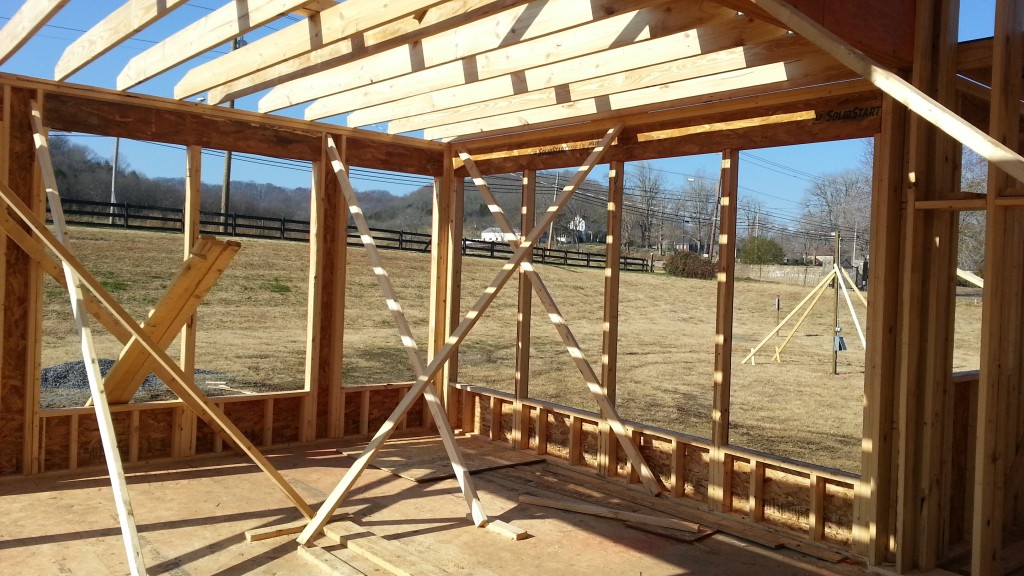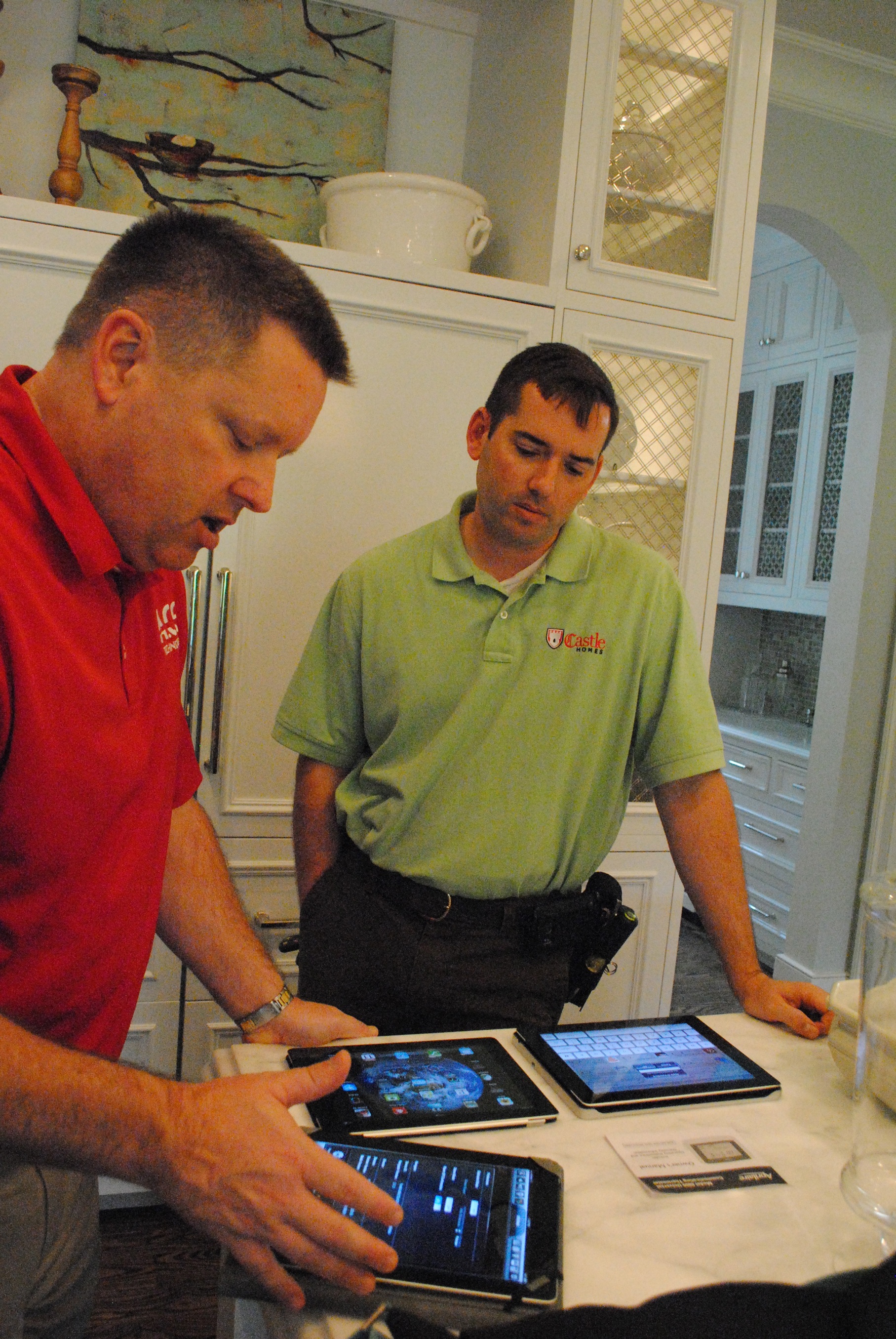The Launching Pad: Preconstruction Meeting
Without a successful take-off, a safe landing is impossible.
All homebuyers want their new home to turn out just as they envisioned, built on schedule, and for the agreed upon price. As a Professional Builder, we want exactly the same thing. That’s what makes the preconstruction meeting so important. This is a time for builder and client to ensure all of the new home’s details are clear and agreed upon. Clients who get the most from the preconstruction meeting know what to expect and come prepared to fully participate.
 The preconstruction meeting is the first of three important meetings that happen during the building process (the other two are the pre-drywall walkthrough and the job close-out or “punch list” meeting). The meeting is typically scheduled after the contract has been signed, and shortly before ground breaking. This is a chance for the client to confirm product selections and make last-minute corrections before the project gets underway. Think of it as the construction equivalent of the airline pilot’s preflight checklist.
The preconstruction meeting is the first of three important meetings that happen during the building process (the other two are the pre-drywall walkthrough and the job close-out or “punch list” meeting). The meeting is typically scheduled after the contract has been signed, and shortly before ground breaking. This is a chance for the client to confirm product selections and make last-minute corrections before the project gets underway. Think of it as the construction equivalent of the airline pilot’s preflight checklist.
Depending on the size of the project, the meeting typically lasts 1 or 2 hours. Attendees include the job site superintendent, the company owner or owner’s representative, and the client. Regardless of who will act as the primary decision maker or point of contact during the project, it is important to have husband and wife in attendance. Having both parties at the meeting helps eliminate uncertainty and minimizes surprises once building gets under way.
Topics covered may vary depending on the project, but usually include a review of the floor plan and client selections: the type of siding, structural options like dormers and bonus rooms, mechanical upgrades like a custom air filtration, and any number of other items. The builder may also go over the site plan: how the home will be oriented, where concrete work such as driveways, sidewalks, and air conditioning pads will be located, how rain water will drain from the lot, and what trees, if any, need to be protected. Legal issues such as property lines and easements may be covered as well.
The builder will re-confirm the company’s general policies and review the process for making changes once construction begins. If something isn’t as expected, this is the time to ask questions. Errors and misunderstandings are easier, less costly, and less stressful to correct now than they will be once construction begins.
Some prep work will usually need to be done before this meeting. The client should prepare for the meeting by making timely selections, especially if there are special-order materials with long lead times. The client should also prep by carefully reviewing the plans and specifications, and preparing a list of questions. The list of questions is important. Now is the time for clarity down to the smallest detail. Is there a floor drain in the garage? Where will the hose bibs, outdoor lights and attic hatch be located?
Clarity on procedures are also important. Who should the clients call with questions once construction starts? Can the clients visit the site during construction? If so, when and what are the rules?
Done well, a good preconstruction meeting eliminates the uncertainty and puts everyone on the same page. It goes a long way toward ensuring a trouble-free project and a smooth landing for everyone.

